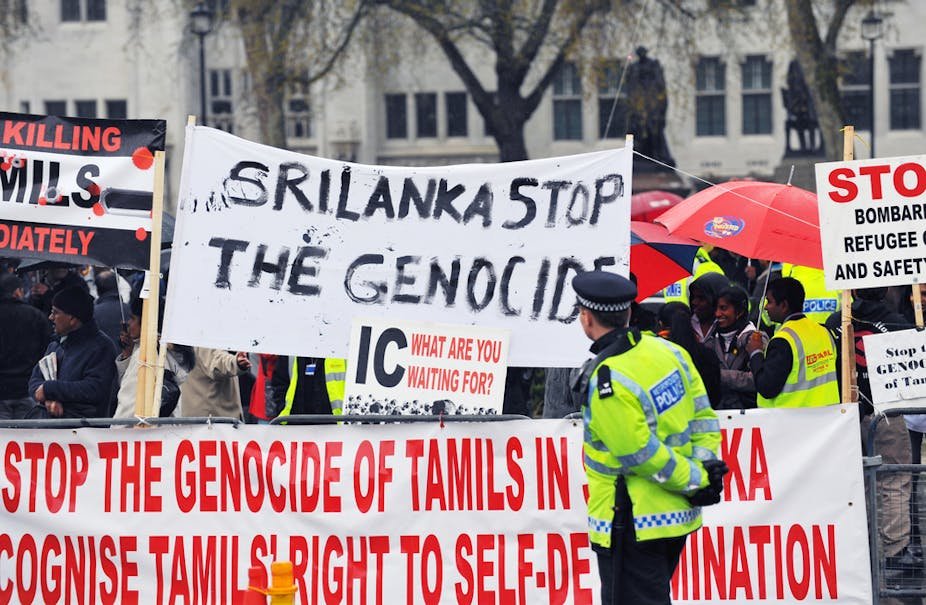
What are the psychological effects on survivors of genocidal acts?
Survivors of genocidal acts often experience a range of profound psychological effects, which can vary depending on individual circumstances, the nature of the trauma, and the support available to them. Some common psychological effects include:
1. **Post-Traumatic Stress Disorder (PTSD)**: Many survivors develop PTSD, which can manifest as flashbacks, nightmares, severe anxiety, and uncontrollable thoughts about the traumatic events.
2. **Depression**: Feelings of hopelessness, sadness, and a loss of interest in previously enjoyed activities are common among survivors, often leading to clinical depression.
3. **Anxiety Disorders**: Survivors may experience heightened anxiety, panic attacks, or generalised anxiety disorder, often related to reminders of the trauma or fears of future violence.
4. **Survivor’s Guilt**: Many survivors struggle with feelings of guilt for having survived when others did not, leading to emotional distress and a diminished sense of self-worth.
5. **Dissociation**: Some individuals may experience dissociative symptoms, such as feeling detached from their bodies or surroundings, as a coping mechanism to deal with overwhelming emotions.
6. **Interpersonal Difficulties**: Survivors often face challenges in forming and maintaining relationships due to mistrust, fear of intimacy, or difficulty in expressing emotions.
7. **Cultural and Identity Loss**: The trauma of genocide can lead to a disconnection from cultural identity, traditions, and community, impacting the survivor’s sense of belonging.
8. **Substance Abuse**: Some survivors may turn to alcohol or drugs as a way to cope with their emotional pain, leading to further psychological and health issues.
9. **Resilience and Coping**: Despite these challenges, many survivors also demonstrate resilience and find ways to cope, often becoming advocates for justice and reconciliation.
The psychological effects of genocide are complex and can persist for generations, impacting not only the survivors but also their families and communities. Access to mental health support and community healing processes can be crucial for recovery.






